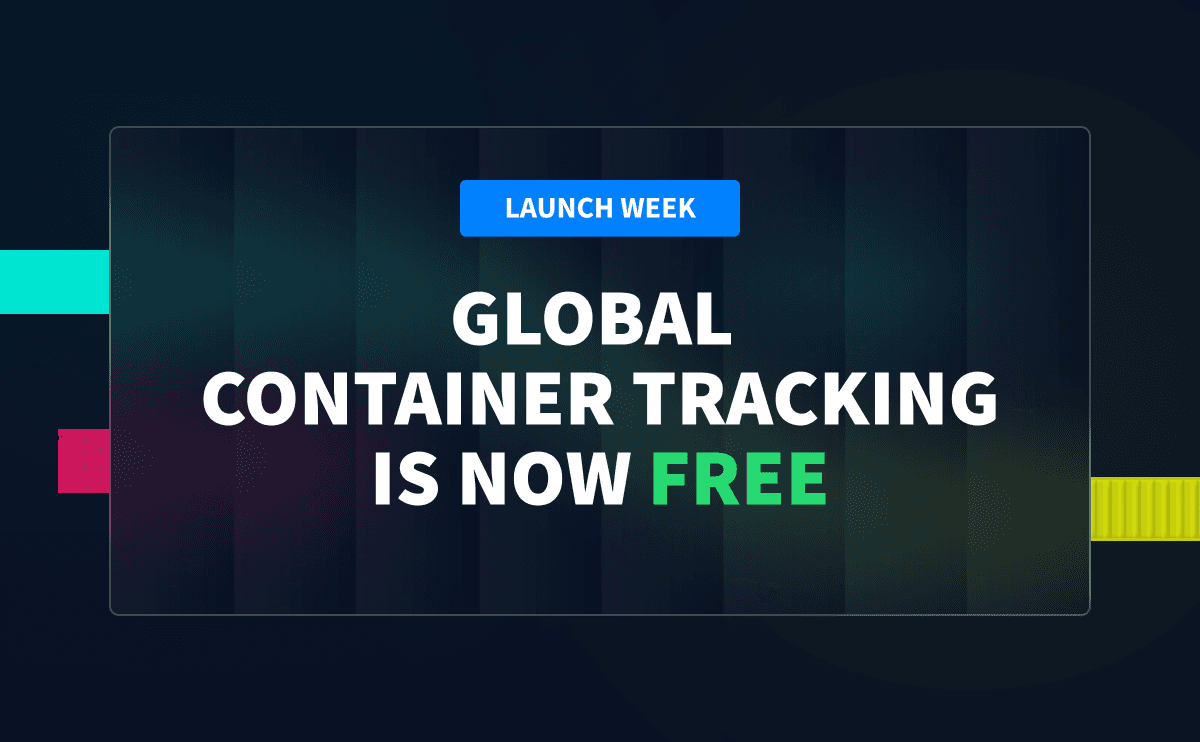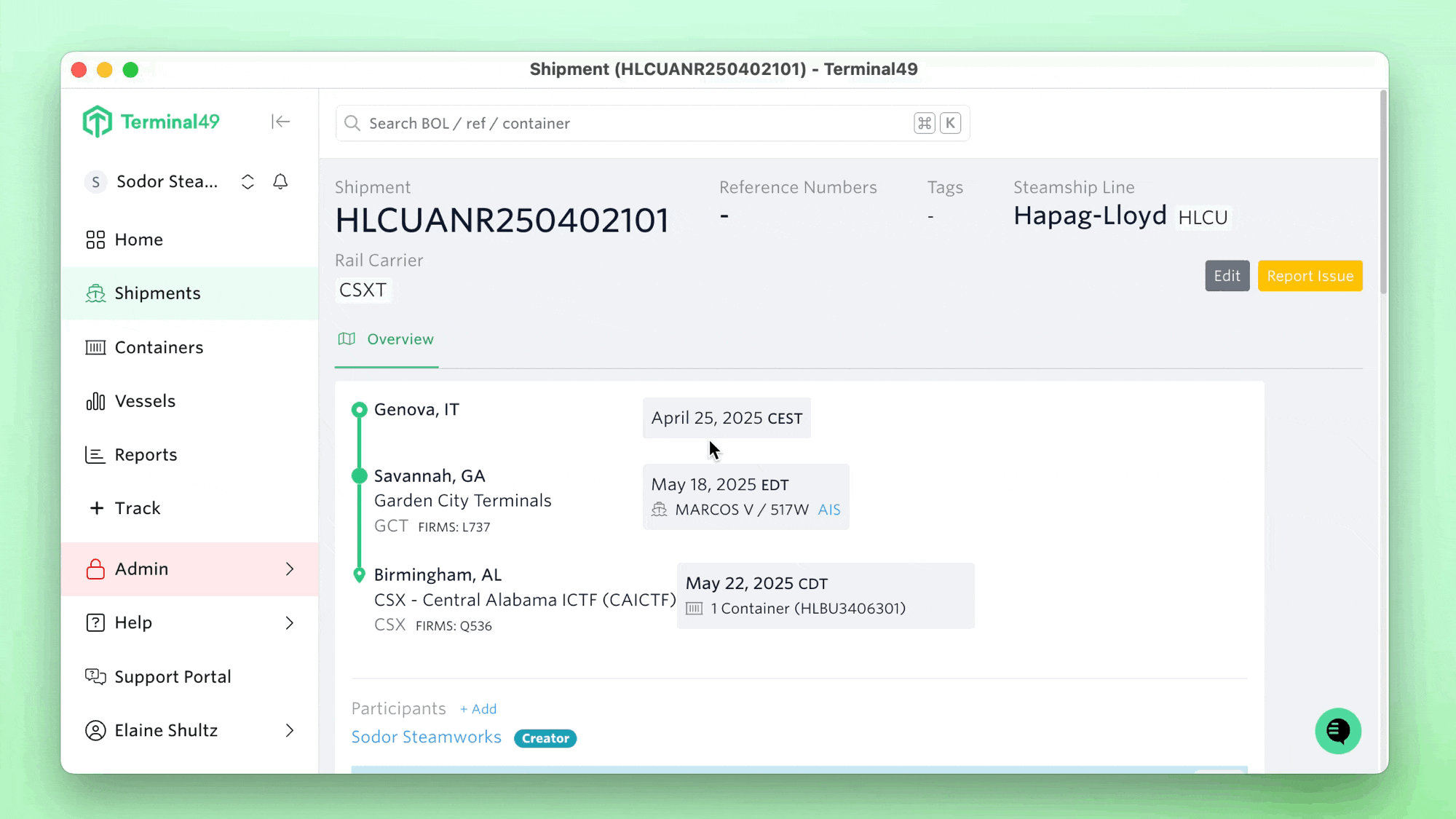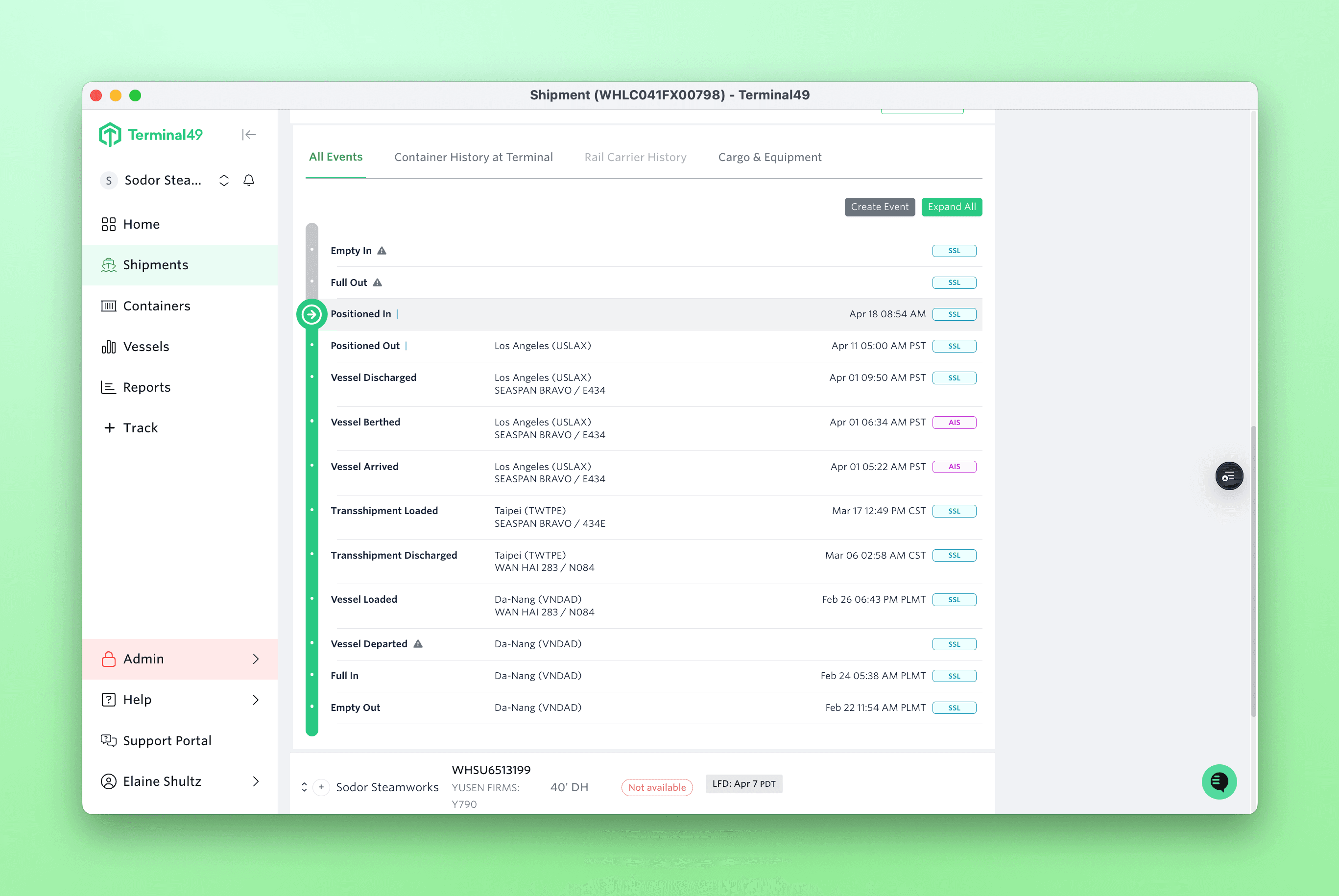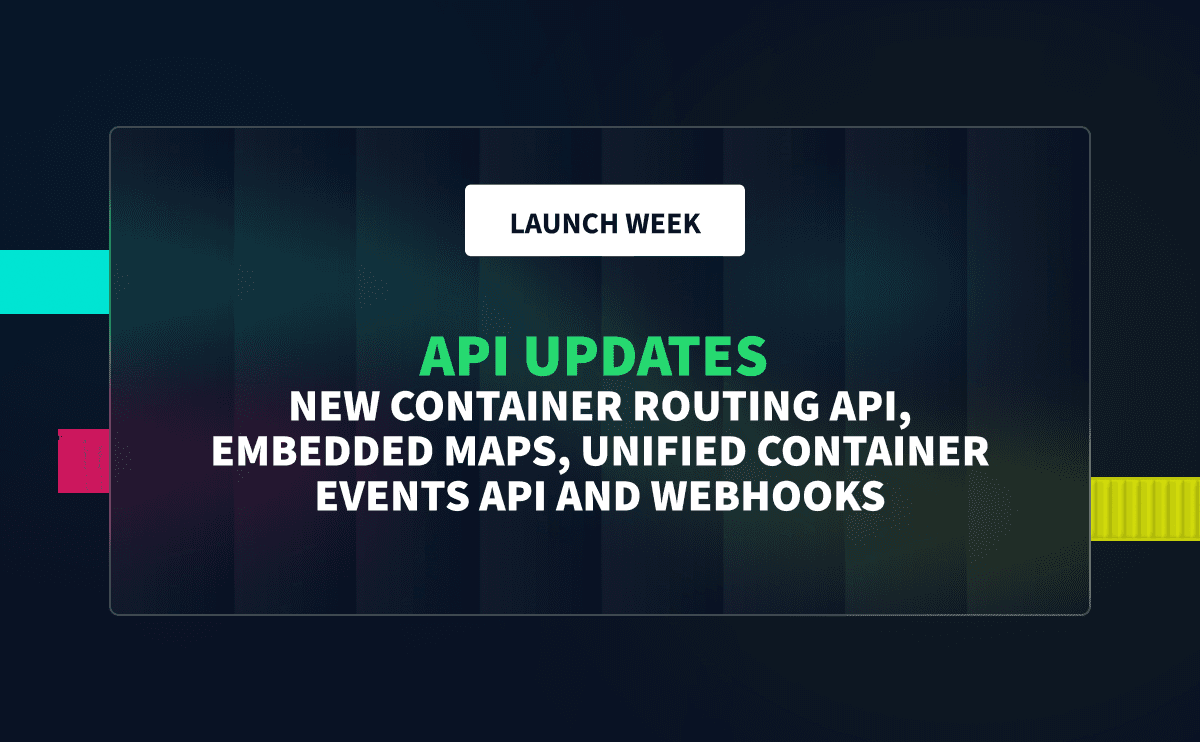In a world where technological innovations are reshaping industries at an unprecedented pace, the domains of freight forwarding and customs brokerage are experiencing their own digital revolution. Traditional methods of logistics management and customs navigation are swiftly giving way to an era dominated by digitalization. This article delves into the profound impact of digital transformation on the intricacies of freight forwarding and customs brokerage. Furthermore, it explores the multifaceted role Terminal49 plays in this revolution, elevating these sectors to new heights of technical sophistication.
Streamlined Documentation Processes
Among the most notable gains of digitalization is the automated refinement of documentation processes. Companies stuck in manual processes handling manual paperwork will continue to fall behind their more advanced competition. Advanced trade management software, like that offered by Terminal49, enables freight forwarders and customs brokers to seamlessly digitize and manage various documentation aspects. Tasks ranging from invoice and packing list preparation to the management of certificates of origin and compliance certificates can now be executed in a digital realm. This transition not only minimizes errors but also significantly trims the time involved, thus enhancing efficiency. Moreover, it ensures strict compliance with the ever-evolving regulatory landscape.
Real-Time Shipment Tracking and Visibility
Digitalization has empowered logistics stakeholders with the ability to gain real-time insight into shipment tracking and visibility. Thanks to the integration of GPS and IoT technologies, businesses can now meticulously monitor shipments at every juncture within the supply chain. This heightened level of visibility not only bolsters security and reduces the susceptibility to theft and tampering but also enables proactive intervention in cases of potential delays. Improved route optimization, informed by real-time data, leads to efficient operations. Moreover, clients receive accurate and timely updates on the status of their shipments, further enhancing their confidence in the logistics process, and puts the decision making process in a more proactive position as opposed to reactive.
Enhanced Supply Chain Collaboration
Digitalization has bestowed upon supply chain participants the ability to seamlessly collaborate and communicate via cloud-based platforms. Freight forwarders, customs brokers, shippers, carriers, and other stakeholders can engage in real-time data sharing and information exchange. This newfound level of collaboration fosters tighter coordination across the supply chain. It greatly contributes to the efficient handling of shipments and facilitates prompt issue resolution during transit. Additionally, cloud-based platforms communicating in real time with more flexible and easier to consume data gives users the advantage even over older technology like EDI.
Elevated Customs Compliance
Navigating the intricate web of customs regulations has been greatly simplified through digitalization. Freight forwarding and customs brokerage are now beneficiaries of advanced software solutions that integrate seamlessly with customs systems. This integration allows for the automated exchange of data, substantially diminishing the likelihood of errors and delays during the customs clearance process. Staying in sync with dynamic regulatory changes is made far more manageable, ensuring that customs procedures proceed smoothly and efficiently.
Predictive Analytics and Informed Decision-Making
Digitalization has ushered in an era of predictive analytics and data-driven decision-making. The vast volumes of data generated throughout logistics and customs clearance processes can now be harnessed to make highly informed decisions. Predictive analytics enables businesses to forecast demand, optimize transportation routes, and unearth trends and patterns within the supply chain. Equipped with actionable insights, freight forwarders and customs brokers can make strategic decisions leading to significant cost savings and elevated customer service standards.
Financial Efficiency through Digital Payments
Digitalization has wrought a transformation in financial processes within the realms of freight forwarding and customs brokerage. Electronic payment systems, online invoicing, and digital banking have streamlined financial transactions, effectively eradicating the burdens of excessive paperwork and prolonged processing times. This financial efficiency not only benefits businesses but also reinforces relationships with clients and suppliers by offering quicker and more secure payment options.
Digitalization, in synergy with Terminal49's pioneering solutions, has brought forth a remarkable transformation within the freight forwarding and customs brokerage industries. By adopting cutting-edge technologies, businesses can streamline documentation processes, provide real-time shipment tracking and visibility, fortify supply chain collaboration, ensure customs compliance, utilize predictive analytics for data-driven decisions, enhance financial efficiency, and even explore the potential of blockchain technology. These operational efficiencies gained directly affect users margins and give them more negotiating power in commoditized markets. Within the Terminal49 ecosystem, digitalization becomes a dynamic force that empowers these industries to not only meet the demands of the modern logistics landscape but also exceed expectations, thereby offering elevated services to clients. As the world continues its relentless evolution, the synergy of digitalization and Terminal49 will indisputably serve as the driving force propelling the future of international trade into uncharted territories of efficiency and innovation.





